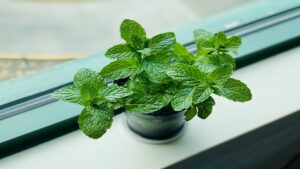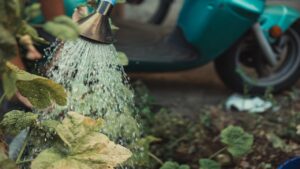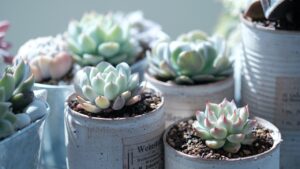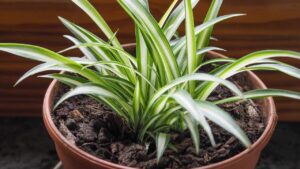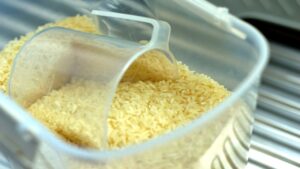5 Popular Tips That are Actually Harming Your Houseplants
In moments of uncertainty or when faced with problem-solving, we often seek guidance from others, potentially encountering misguided advice. When it comes to plant care, seemingly harmless suggestions could turn out to be really harmful and end up killing the plants. In this article, we aim to shed light on five specific tips that, if followed, may pose a threat to the health of your plants.

5 wrong suggestions to abandon immediately as they damage plants
The first misguided tip involves using leaf polish to shine plant leaves. This product, often oil or wax-based, can block the pores of the leaves, preventing them from breathing properly. Additionally, residues can attract dust and dirt, affecting the plant’s ability to carry out photosynthesis. A simple solution is to wipe the leaves with a damp cloth and appreciate your plants in their natural state.
Some people suggest using a mixture of mayonnaise and oil to enhance the shine of plant leaves. However, this practice can attract pests and prevent the leaves from performing their essential functions.
For those who own orchids, you should know that these plants are epiphytic and naturally thrive by attaching to other trees. Consequently, they require a specific type of soil, typically composed mainly of pine bark, rocks, and other elements that provide proper support and drainage for optimal growth.

Growing orchids in regular soil can result in waterlogging and insufficient oxygen for the roots, potentially causing diseases and death of the plant. If you’ve used standard soil, consider repotting and filling the pot with a specialized orchid mix enriched with mud moss for improved aeration and drainage.
Many people use alcohol to eliminate parasites. This practice dries out the leaves and burns the roots. So the advice is to stop immediately and use natural pesticides.
Succulents, known for storing water in their leaves, thrive in arid conditions and demand well-draining soil. Creating a succulent terrarium may lead to water pooling around the roots, encouraging root rot. If you want to create a composition with small succulents, opt for an open plate with low edges to enhance air circulation and prevent water-related issues.
